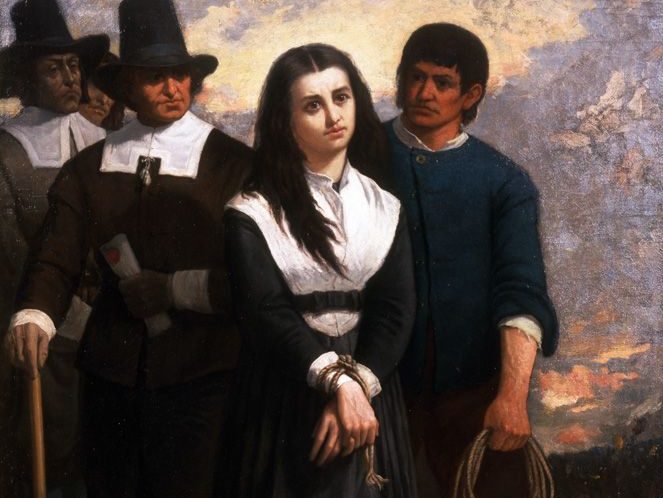When we think about how life will look in 10, 50 or 100 years, we might not consider the poetry that those societies will produce. But if we think about how those societies will look back at us, here in 2023, I would argue that these poetry collections are the perfect snapshots of our world. Ranging from joyous odes to lamentations, the poems in these five collections speak to us and challenge us. They provide answers to our most pressing questions when the future seems uncertain. They remind us that poetry is the only refuge from life that, upon closer examination, is actually just life itself.
★ Promises of Gold
What is love? José Olivarez has the answer in Promises of Gold. In both English and Spanish, these poems explore the facets of love that pop songs rarely do—the gritty, painful parts that everyone sweeps under the rug. In these verses, Olivarez primarily explores the presence and absence of love in Chicano and Mexican communities, creating sparkling, nostalgic portraits of family and friends. Many of the poems also have a political angle, tackling religion or masculinity and ensuring that the forces that continue to shape Mexican culture are thoroughly critiqued. This is not to say the collection is overly analytical, as it is often in Olivarez’s most earnest moments that he is able to pierce the culture, arriving straight at its heart.
Couplets
Poetry has always existed in a state of tension: What does poetry have to look like? What should it look like? Should it rhyme? Can it be prose? In Couplets, Maggie Millner replies with a sweeping “Why does it matter?” By employing two forms, the couplet and the prose poem, Millner suggests that these questions don’t need answers and that, within uncertainty, there is room for personal complexity. A love story through and through, this collection uses poetry to document the personal struggles inherent in falling in and out of love. Sometimes love can be uplifting, giving you butterflies; other times it can be obsessive and neurotic, leading you down rabbit holes of insecurity. Millner’s words occupy both forms and feelings, giving the collection a back-and-forth, will-they-won’t-they quality. It’s in this liminal space that Millner settles, showing how writing is transformational, both for the self and the world around us.
★ Above Ground
In Above Ground, Clint Smith proves that, in the words of William Wordsworth, “The Child is father of the Man,” as his poems explore the beauty, fear and sacredness of being a child and then raising his own. Written to and for his kids, Smith’s verses build a nonlinear narrative of his journey into fatherhood, including health difficulties and his attempts to teach his children how to exist in a troubled world. Wonder and joy are prevalent throughout the book, with Smith writing many odes to his children’s quirks and the idiosyncrasies of child rearing, including first smiles and hiccups. In a time when the future is increasingly uncertain, such a touching and profound statement on parenthood is desperately needed. Smith provides the shot in the arm, reinvigorating our ability to love and nurture.
Trace Evidence
For a second it seemed like American culture was approaching a racial reckoning. Though that moment has passed with few tangible results, Charif Shanahan takes advantage of the still-burning embers in Trace Evidence, speaking to the country in sharp, unifying language. Despite perpetual division, or perhaps because of it, Shanahan is able to produce answers to racialized questions of belonging through these poems, emphasizing how humanity goes beyond such constructions. His words are moving and muscular, with each line pulsating with wisely crafted feeling and thought. Poems like “Talking With My Boss About Diversity and Inclusion” allow Shanahan to really shine, showing not just how a person is impacted by race but also how race is shaped by all of us, individually, in every moment.
a “Working Life”
It is important to stay happy, to maintain daily reminders of goodness and wonder, and in a “Working Life”, Eileen Myles helps us do just that. With their streamlined style and singular devotion to mundane wonder, they show how life can still be surprising despite the inevitability we may feel each day. Contradictions and coincidences, joy and despair, the intricacies of life and death are all captured in these brief, fleeting poems, told in tight verse and with some lines only a word long. They reflect how quickly time goes by and how each second provides something deep and new, creating an infinite loop of meaning—a message that is helpful and frustrating, uplifting and perplexing. Really, it’s life.






